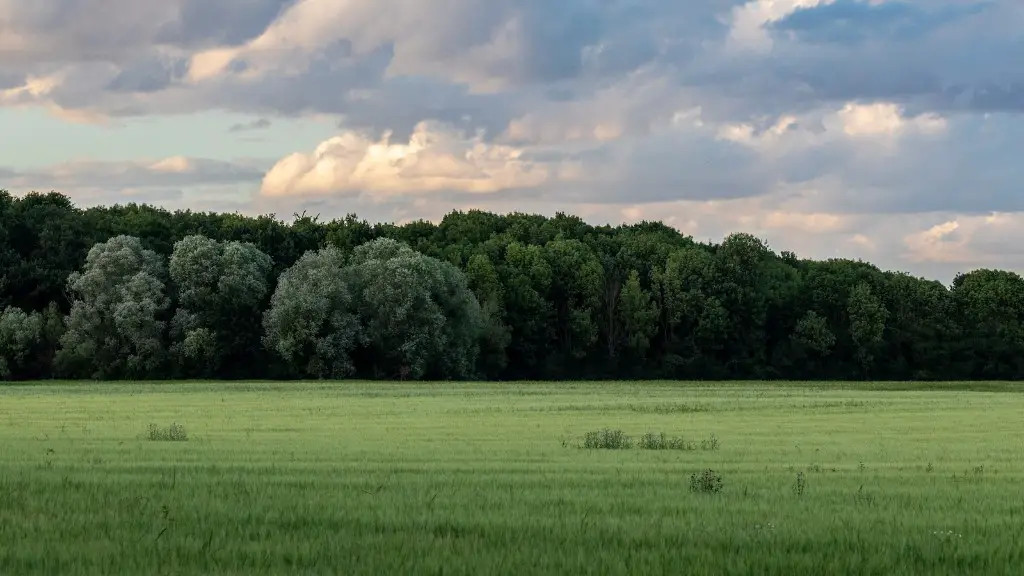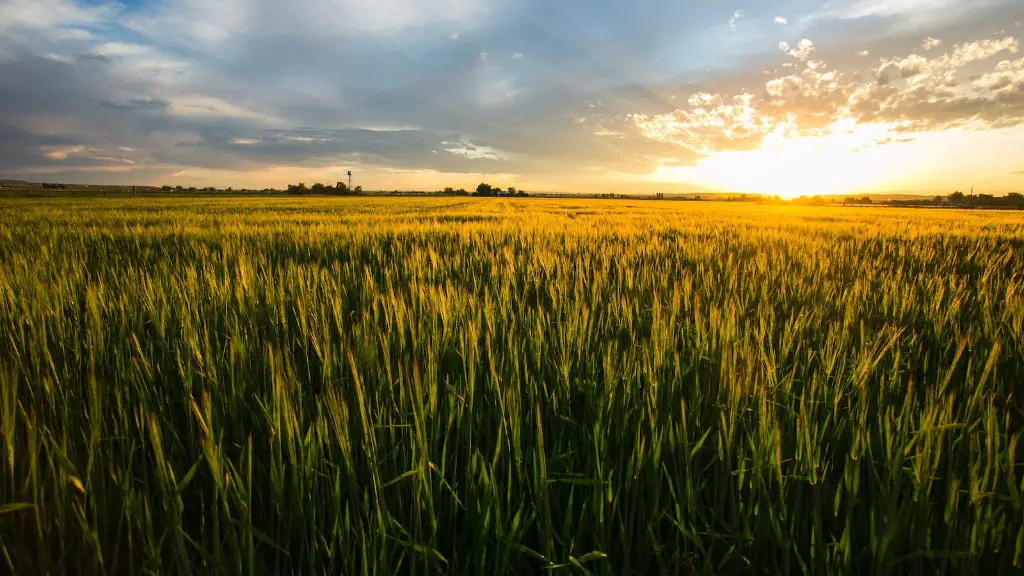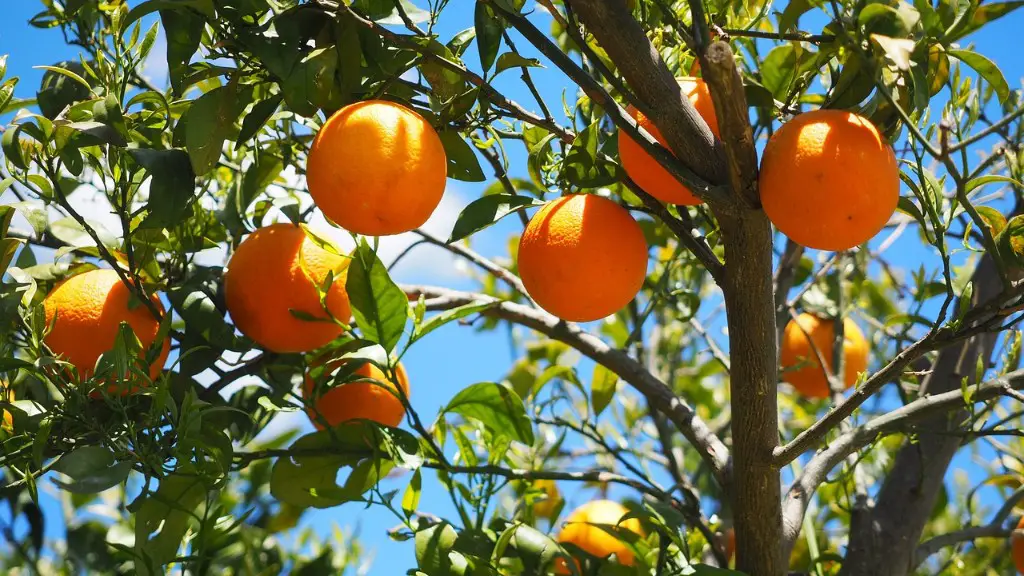Deforestation is an imminent threat to biodiversity. It has been caused by a number of factors, including agriculture in Europe. European agriculture has had immense impacts on the environment, with unsustainable practices leading to rapid forest loss in Europe’s forested regions. This article will explore how European agriculture has caused deforestation in Europe.
To begin, European farming practices have directly caused deforestation in the region. Farming activities on land used for farming such as tilling and plowing have caused large-scale deforestation in the region. Additionally, many European farmers practice monoculture – the growing of a single crop in a field for several years which deplete the soil of essential nutrients. As a result, agriculture has caused large-scale tree clearance in the European countries in order to gain agricultural land.
Next, industrialised farming and the use of fertilisers and pesticides have also caused large-scale deforestation in Europe. These chemicals have had a negative impact on the soil and ground water, requiring large-scale removal of trees to clean up the soil, as well as the need to replant forests in the area. This has led to deforestation in many parts of Europe.
Moreover, the widespread use of firewood and charcoal as means of fuel in rural regions has led to severe deforestation. Firewood and charcoal are the primary sources of fuel in Europe, and have led to increased deforestation by the local population.
Finally, logging and timber harvesting activities have also caused large-scale deforestation in Europe. Timber harvesting is a common activity in Europe – with approximately 5-10 percent of European forests lost annually due to timber harvesting. In addition, the logging of timber for fuel has also caused deforestation in the region.
Livestock Livestock Farming Practices
Livestock farming is another way that European agriculture has caused deforestation. This is because livestock require grassland and pastureland for grazing, which leads to the clearing of trees and forests. Grazing of animals is a widespread practice in Europe, and has caused extensive deforestation in the region. In addition, farmers add animal manure to the soil in order to increase soil fertility, which requires further clearing of forests in the area.
The Impact of Road Construction
Road construction is another form of deforestation which has been caused by agriculture in Europe. Road construction has cut through natural forests, and has contributed to large-scale deforestation in the region. Road construction requires the removal of trees, and has caused large-scale deforestation in the region as an indirect result of agriculture.
Logging Activities and Intensive Forestry Practices
Europe is also home to many species of trees, which are valued for their wood and for use in construction and furniture. The logging of these trees for commercial and industrial purposes has led to large-scale deforestation in the region. Additionally, intensive forestry practices, such as clear cutting and selective logging, have also had negative impacts on the environment and have led to deforestation in the region.
Urban Development and Industrialisation
Urban development and industrialisation have also caused deforestation in the region. The expansion of cities and towns has led to the removal of trees and forests in the process. Additionally, industrialisation has caused the release of harmful pollutants, which have adversely impacted the environment and have contributed to deforestation in Europe.


